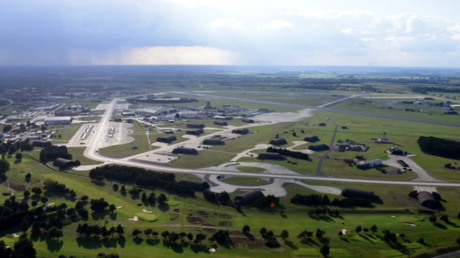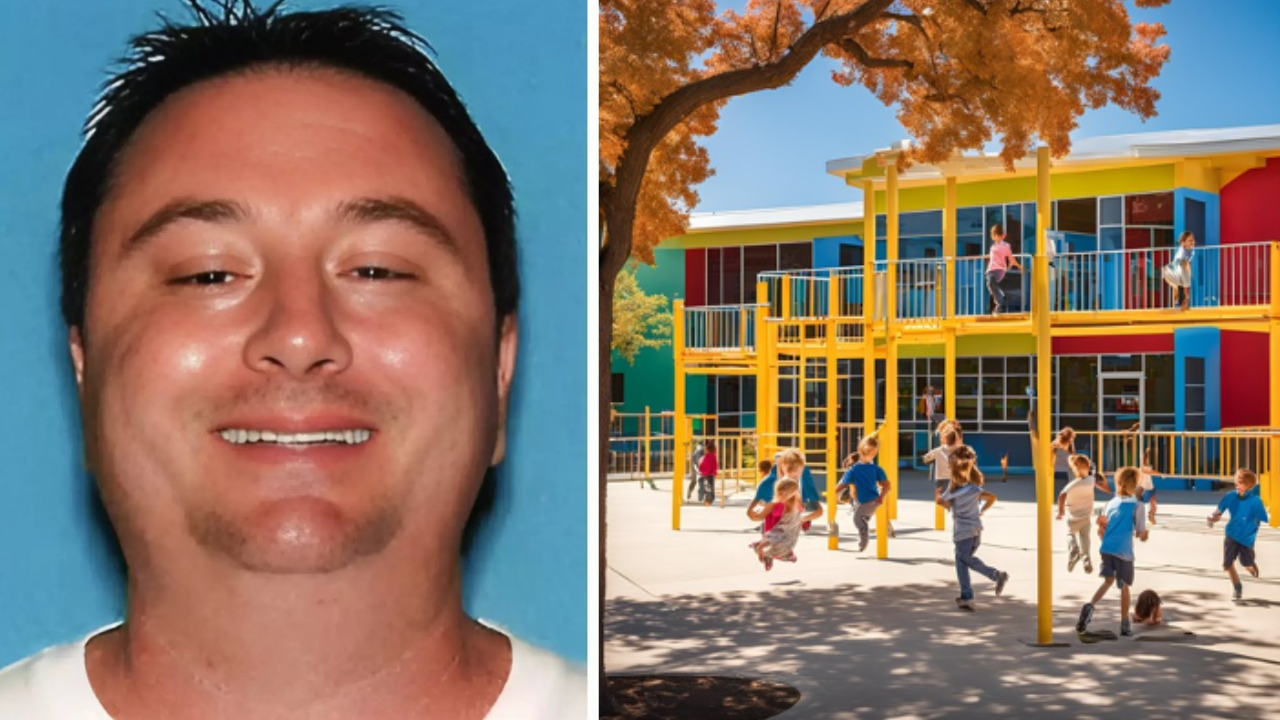ARTICLE AD BOX
As human cases of monkeypox continue to rise around the world, the World Health Organization and the Africa Centers for Disease Control and Prevention are considering declaring a public health emergency.
The Centers for Disease Control and Prevention in the United States is urging doctors to be cautious, according to the Washington Post .
Global health authorities are sounding the alarm over a surge in monkeypox cases in Africa, which has killed hundreds, sickened thousands and left countries previously spared from the viral disease suffering.
Cases in Africa have surpassed 15,000 this year, surpassing the total for the whole of 2023. The infection is concentrated in the Democratic Republic of the Congo, where the disease has been endemic for decades, reaching record levels and mostly infecting and killing children. The virus has spread to countries that have never recorded an outbreak, including Kenya and Ivory Coast.
Officials said last Thursday that the Africa Centers for Disease Control and Prevention "will likely declare a public health emergency next week."
WHO chief Tedros Adhanom Ghebreyesus said he would convene a committee to consider declaring another global health emergency.
Meanwhile, the U.S. Centers for Disease Control and Prevention issued an alert this week, "Clinicians warn to be vigilant about symptoms in travelers from affected countries while stressing that the risk remains low in the United States."
"This is a big warning to the world that we are losing young people in Africa," Jean Cassia, director general of the Africa Centers for Disease Control and Prevention, said at a news briefing on Thursday.
The disease spread widely in 2022 to dozens of countries that had rarely encountered the virus, prompting a strong public health response and a massive vaccination campaign that helped mitigate the spread of the virus.
Recent developments in Congo, where the virus was first discovered in 1970, have raised fresh concerns after authorities reported 13,800 suspected and confirmed cases and 450 deaths. The disease causes fever, muscle aches and boil-like skin lesions.
Children under five account for 68 percent of infections and 85 percent of deaths, according to the Africa Centers for Disease Control and Prevention.
Most infections are spread through contact with infected animals and within households, which are the usual routes of exposure in endemic areas.
But a new form of monkeypox, known as strain 1b, has emerged in eastern parts of the Congo, and in Kenya, Rwanda and Uganda, where it is spread through sexual contact, the newspaper reported.
The "1b" strain causes more severe symptoms than the "2" strain that spread globally in 2022, but it has a low mortality rate, killing less than 1 percent of people infected, according to the Centers for Disease Control and Prevention.
"It's a concern now, because it's sexually transmitted, which makes it more dangerous," Christina L. Hutson, chief of the smallpox and rabies division at the Centers for Disease Control and Prevention, told The Washington Post.
“Sexual transmission in areas where there is a lot of population movement is particularly worrying given the implications of rapid spread,” Anne Rimoin, an epidemiologist who runs a research camp in Congo and has studied the virus there for more than two decades, was quoted as saying by the newspaper.
"Monkeypox is transmitted very efficiently through sexual contact," she added.
The virus is spreading in Africa in ways not typically seen in developed countries, including in health care settings where workers have less access to personal protective equipment while treating patients, as well as families living in cramped spaces. Outbreaks have also been recorded in camps for displaced people in conflict-torn areas, according to the newspaper.
While the threat to Western countries is considered low, African countries bearing the brunt of the outbreak do not have adequate supplies of vaccines and antiviral drugs that helped end the international health emergency last year.
The Washington Post said that distributing the vaccine is a "logistical nightmare" in Congo and other parts of Africa, where the health care system suffers from a severe lack of capabilities, with difficulty reaching some severely affected rural communities.
The WHO director-general said earlier that he had taken steps to speed up access to the vaccine in low-income countries where regulators have not yet approved the vaccine.
The U.S. Centers for Disease Control and Prevention is also working with Congolese officials to develop a plan to target people most at risk for monkeypox and distribute vaccines in phases once the country approves a vaccine.
.png)
 3 months ago
2
3 months ago
2









 English (US)
English (US)